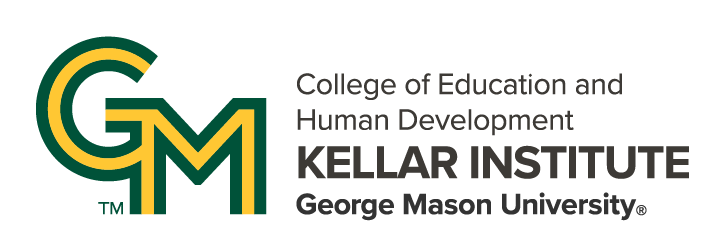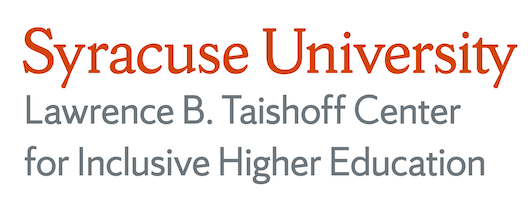How Inclusive is Inclusive Postsecondary Education?
Over- and Under-Representation of Individuals with Intellectual Disabilities in Postsecondary Education
DOI:
https://doi.org/10.13021/jipe.2024.3547Keywords:
inclusive postsecondary education, intellectual disability, equity, multiply marginalizedAbstract
Inclusive postsecondary education (IPSE) programs provide new opportunities for individuals with intellectual disabilities (ID). Despite advances, prior research has found that postsecondary education access is inequitable, and therefore it is necessary to evaluate whether advances in IPSE programs have benefitted all individuals with ID. An analysis was conducted utilizing the Vocational Rehabilitation (VR) 2018 Case Service Report (RSA-911) to determine the over- or under-representation of minoritized students in the population of individuals with ID pursuing postsecondary education. Results indicated that while women, Asian and American Indian students were significantly over-represented, Black or African American students were under-represented. In addition, students from low socio-economic backgrounds, homeless students, and foster care students were all significantly under-represented. Implications for research, policy and practice are provided based on these results.
Downloads
Published
How to Cite
Issue
Section
License
Copyright (c) 2024 John Andresen

This work is licensed under a Creative Commons Attribution-NonCommercial-ShareAlike 4.0 International License.




